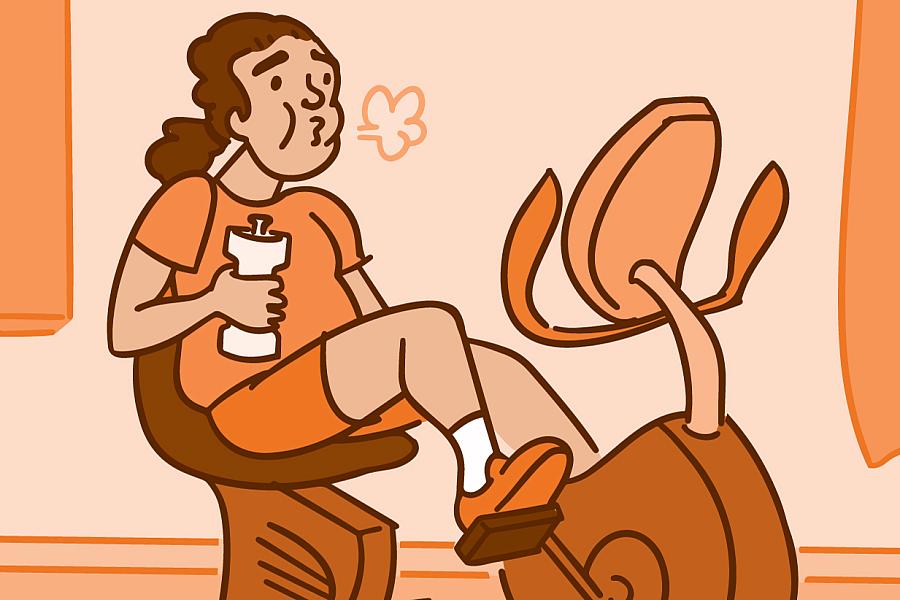Health Capsule
Gut Microbes and Diet Affect Obesity
Gut microbes from thin people, when transplanted into mice, can help prevent obesity in the animals—but only if they also ate a healthy diet. The study results might lead to new approaches for treating obesity.
The complex community of bacteria and other germs living inside our guts can affect our health in many ways. In earlier research, NIH-funded scientists found that obese and thin human twins have clear differences in their gut microbes. To learn more, the researchers transferred bacteria from obese and thin human twins into different sets of germ-free mice.
When housed in separate cages and fed healthy food, mice with microbes from a thin twin stayed slim. But mice with microbes from an obese twin quickly gained weight.
The scientists then housed 2 sets of mice together: some had “thin” and others had “obese” bacteria. Specific groups of “thin” bacteria invaded the guts of “obese-microbe” mice (mostly because mice eat each other’s poop), and none of the mice became obese. There’s no evidence, though, that this type of bacterial transfer occurs in humans.
Mice were next fed high-fat, low-fiber foods—similar to a typical American diet. This time, the bacteria didn’t transfer from thin to obese mice, and mice with “obese” microbes became obese. The results suggest that diet can affect gut microbes.
“These experiments show that eating a healthy diet encourages microbes associated with leanness to become incorporated into the gut,” says study leader Dr. Jeffrey Gordon of Washington University School of Medicine. “But a diet high in saturated fat and low in fruits and vegetables thwarts the invasion of microbes associated with leanness.”
NIH Office of Communications and Public Liaison
Building 31, Room 5B52
Bethesda, MD 20892-2094
nihnewsinhealth@od.nih.gov
Tel: 301-451-8224
Editor:
Harrison Wein, Ph.D.
Managing Editor:
Tianna Hicklin, Ph.D.
Illustrator:
Alan Defibaugh
Attention Editors: Reprint our articles and illustrations in your own publication. Our material is not copyrighted. Please acknowledge NIH News in Health as the source and send us a copy.
For more consumer health news and information, visit health.nih.gov.
For wellness toolkits, visit www.nih.gov/wellnesstoolkits.




